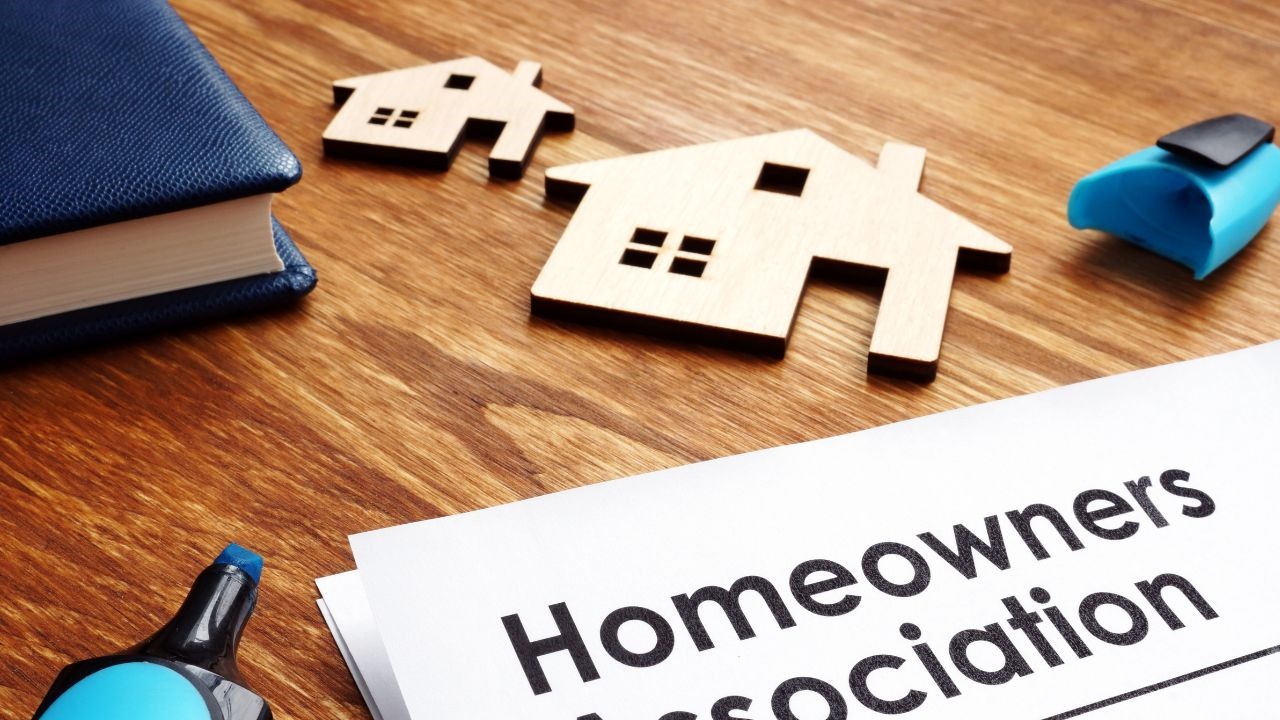Exactly How HOA Condo Living Enhances Community Involvement
Exactly How HOA Condo Living Enhances Community Involvement
Blog Article
The Role of an HOA in Establishing and Enforcing Neighborhood Guidelines for Homeowners
The function of a Homeowners Organization (HOA) in enforcing and developing area guidelines is essential to keeping a natural and orderly residential atmosphere. By creating clear guidelines that regulate facets such as home upkeep and neighborhood conduct, the HOA not just establishes criteria for locals however also promotes a sense of belonging and accountability.
Comprehending Home Owners Organizations
Homeowners associations (HOAs) function as controling bodies for residential communities, playing a critical role in maintaining property worths and fostering a sense of community. Usually developed by developers, HOAs are composed of property owners within an assigned area that elect a board to supervise the association's tasks. The main functions of an HOA include implementing area regulations, taking care of usual locations, and organizing area occasions.
HOAs run under a collection of regulating files, including problems, covenants, and restrictions (CC&R s), which lay out the civil liberties and obligations of property owners. These guidelines aim to make certain that properties are preserved to a certain requirement, thus protecting the visual charm and overall worth of the community. Furthermore, HOAs frequently gather dues from house owners to fund upkeep, landscape design, and other social work.
The presence of an HOA can substantially affect the living experience within an area (hoa condo). While some residents value the organized setting and facilities provided, others might locate particular laws restrictive. Stabilizing the interests of all property owners is essential for an HOA to work efficiently, making certain that it offers its designated function of enhancing community living while respecting specific home owner civil liberties
Creating Neighborhood Guidelines

To start, an HOA should carry out surveys or hold meetings that allow locals to voice their concerns and recommendations. This participatory process fosters a sense of possession and raises conformity. Next, the HOA board should analyze the feedback to identify usual motifs and concerns that require formal inclusion in the standards.
It is likewise necessary to make sure that the guidelines are clear, concise, and conveniently comprehended. Uncertainties can lead to conflicts and misunderstandings, threatening the function of the guidelines. The guidelines should be detailed, covering various facets of community living, consisting of residential property maintenance, sound levels, and usage of common locations.
Enforcement of Guidelines
Reliable enforcement of community regulations is important for preserving order and making sure that all residents follow the developed standards. An HOA must implement an organized technique to enforce these regulations, which commonly involves a mix of surveillance, communication, and charges for non-compliance.
First, regular evaluations and area patrols can help determine offenses, guaranteeing that policies are consistently used across the community. This aggressive monitoring allows the HOA to attend to concerns before they escalate, cultivating a sense of responsibility amongst homeowners.
Second, clear communication is vital. Homeowners should be educated of the guidelines and the procedures for reporting imp source infractions. An open line of interaction urges homeowners to voice concerns and seek clarification on guidelines, which can boost conformity.

Lastly, when violations occur, the HOA must enforce effects as laid out in the governing files. This may consist of alerting letters, penalties, or, in serious cases, lawful activity. It is essential that fines are used relatively and regularly to maintain trust fund within the neighborhood. By successfully imposing rules, an HOA can grow a harmonious living environment that mirrors the cumulative values of its homeowners.
Benefits of HOA Rules
Various advantages occur from the execution of HOA policies, which offer to improve the quality of life within a neighborhood. One primary benefit is the upkeep of building values. By implementing requirements for visual appeals and maintenance, HOAs ensure that homes and typical locations stay eye-catching, fostering a preferable living atmosphere that can bring about enhanced property worths over time.
In addition, HOA policies promote consistency and uniformity within the area. This coherence in style and maintenance helps to create a sense of belonging amongst citizens, adding to community satisfaction and a favorable environment. Developed standards facilitate conflict resolution among neighbors by supplying clear assumptions and protocols for behavior, thereby reducing conflicts.
One more considerable advantage is the arrangement of shared features and services. Numerous HOAs handle neighborhood facilities such as pools, parks, and clubhouses, which enhance recreational chances for citizens. These features not only improve the lifestyle yet additionally urge social communication.
Eventually, the policies set forth by an HOA cultivate an efficient, unified neighborhood, guaranteeing that locals enjoy a high criterion of living while cultivating a helpful atmosphere for all property owners.
Typical Challenges Encountered by HOAs
Among the benefits that homeowners organizations (HOAs) can provide, they also run into a range of challenges that can prevent their efficiency. One significant concern is the lack of resident involvement. my response Lots of house owners may not get involved in meetings or area activities, leading to a detach between the HOA board and citizens. This disengagement can cause misunderstandings concerning neighborhood standards and a lack of assistance for enforcement efforts.
An additional challenge is the enforcement of policies and regulations. Disagreements can emerge when citizens really feel that enforcement a fantastic read is inconsistent or biased, possibly resulting in problems within the area. Additionally, HOAs commonly encounter financial restrictions, which can restrict their capacity to keep usual areas or fund community jobs. This can produce frustration amongst homeowners who expect high criteria of upkeep.
In addition, browsing lawful complexities can be daunting for HOAs. They must make certain conformity with state regulations while handling their own governing documents, which can be a resource of confusion. Progressing and changing demographics area needs need HOAs to adjust their guidelines, often fulfilling resistance from long-lasting locals that are accustomed to standard norms. Resolving these difficulties is crucial for promoting a harmonious and successful neighborhood.
Final Thought

By creating clear rules that govern elements such as residential or commercial property maintenance and neighborhood conduct, the HOA not just establishes criteria for residents but likewise promotes a feeling of belonging and responsibility.Homeowners associations (HOAs) offer as controling bodies for household areas, playing a critical duty in keeping residential property worths and cultivating a feeling of community. Many property owners may not participate in meetings or community activities, leading to a disconnect in between the HOA board and locals. Altering demographics and progressing neighborhood needs require HOAs to adapt their standards, often fulfilling resistance from long-lasting residents that are accustomed to standard norms. Through the development of clear laws and regular enforcement, HOAs advertise residential property maintenance, community satisfaction, and trust amongst citizens.
Report this page